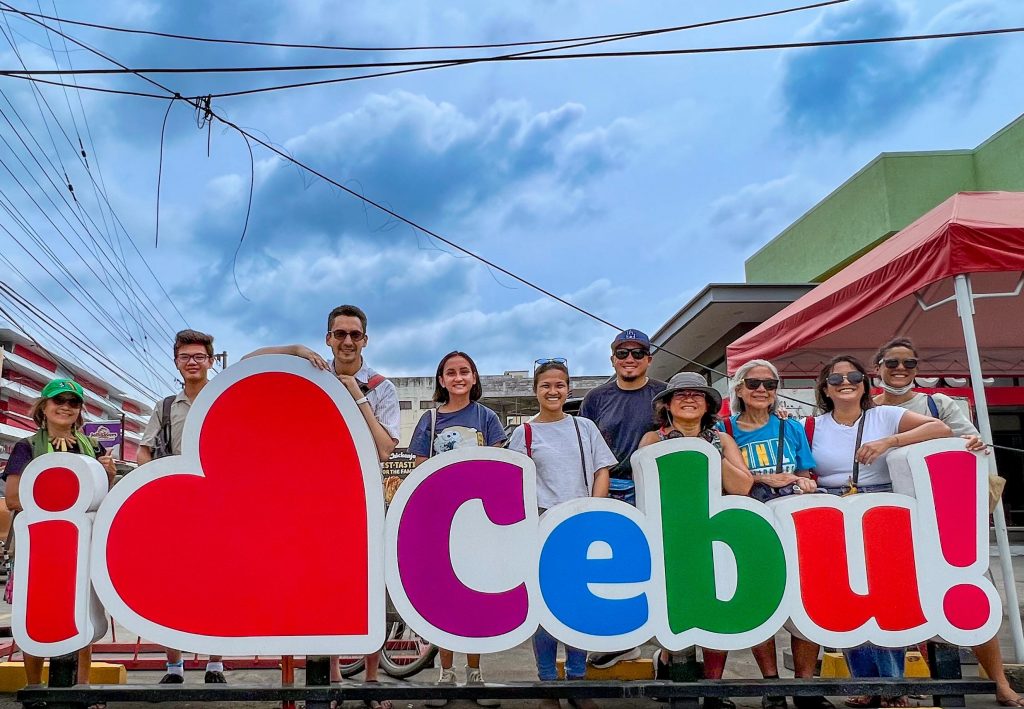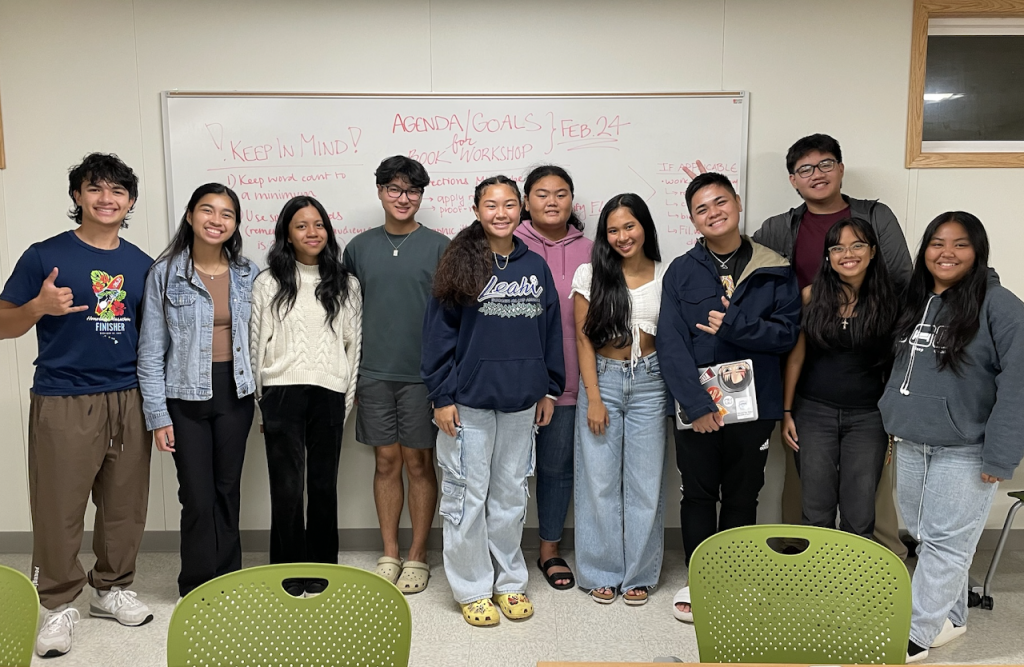
The Center for Philippine Studies at the University of Hawai’i at Mānoa has engaged in some projects in recent years. In 2013-15, it implemented a curricular project to ingest peace education and peacebuilding, with a grant from the US Institute of Peace (USIP). The project has been successfully completed, in cooperation with three campuses of Mindanao State University, in the Philippines. They consist of MSU Main Campus in Marawi City, MSU-Iligan Institute of Technology in Iligan City, and MSU-Tawi-Tawi College of Technology & Oceanography in Bongao, Tawi-Tawi. Forty-five faculty members participated in this endeavor. Dr. Fred Magdalena is the grant writer and served as Project Director.
In 2019, CPS obtained a grant from the Department of Education Fulbright-Hays Group Projects Abroad. This program, titled “Mapping Language and Culture in the Philippine South” (also called Project Magsayod) was finally implemented in summer 2022 due to the Covid-19 pandemic. It trained 10 K-12 teachers, faculty and students on the Cebuano language and area studies focusing on the southern Philippines (Cebu and “Muslim Mindanao”) for four weeks at the University of San Carlos in Cebu City. Originally, 12 participants were selected, but two dropped out for some reasons, the pandemic being one of them.

The following year (2023), the Center again obtained and implemented a second Fulbright-Hays GPA, “Filipino Language and Indigenous Cultural Heritage” (locally titled “Project Dunong at Kalinangan“). This time, the training site and host was De La Salle University in Dasmarinas, Cavite. The number of participants doubled to 19 American teachers and students from Hawaii and California, who underwent four weeks of training during the summer 2023.

In Cavite, they learned basic Filipino (Tagalog-based language in the country) and cultural heritage focusing on Mindanao and Luzon regions for the purpose of integrating their knowledge in their respective curriculum at home. Like its Magsayod predecessor, Project Dunong was successfully completed. The project director in both projects is Dr. Federico V. Magdalena, affiliate faculty at the Asian Studies Department, and Deputy Director of the Center. The project co-director is Dr. Pia Arboleda, the Center director, with Dr. Jayson Parba as Program Administrator. The duo are language professors at the UH Indo-Pacific Languages and Literatures, which is concurrently chaired by Dr. Arboleda.
Filipino Curriculum Project

The Center for Philippine Studies, in partnership with the Filipino Curriculum Project and the Sistan Alhambra Filipino American Education Institute, proudly introduces the nation’s first high school Filipino social studies course adopted by a state, CHR 2300 Filipino History Culture. Spearheaded by the Filipino Curriculum Project, this three-year effort was spurred by the Hawai‘i State Legislature unanimously passing Resolution HCR56, requesting the implementation of the course. Focused on six units including identity, Philippine and Filipino American studies, culture and connections, and civic action, the course will debut in the 2024-2025 academic year at Farrington, Waipahu, Dreamhouse Charter, and Maryknoll Schools. To ensure its success, a Professional Development Series led by University of Hawai‘i professors and community members will be conducted through the Sistan C. Alhambra Filipino American Education Institute, empowering educators with an “Inquiry Design Model in Teaching Filipino History Culture” from June 3-6, 2024.
Upcoming Project: 50th CPS Anniversary
In 2025, CPS will celebrate its 50th anniversary. Keep updated!

